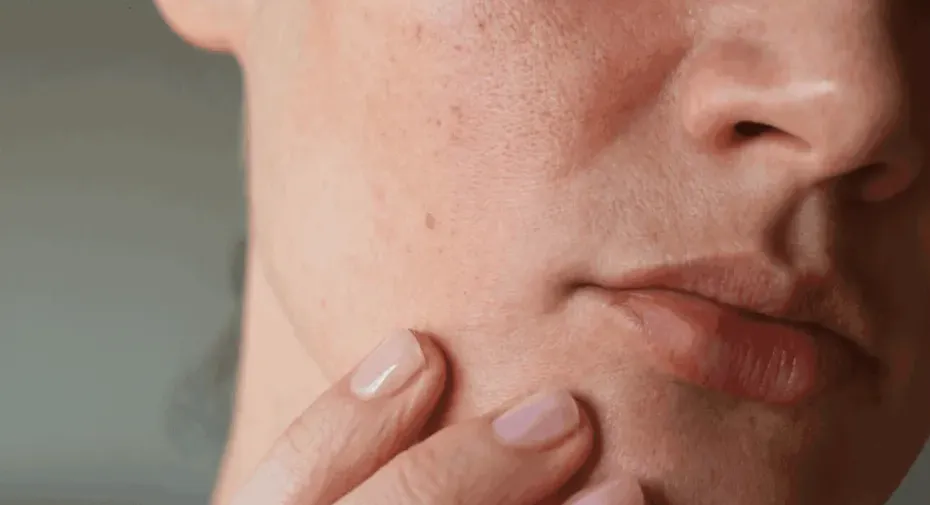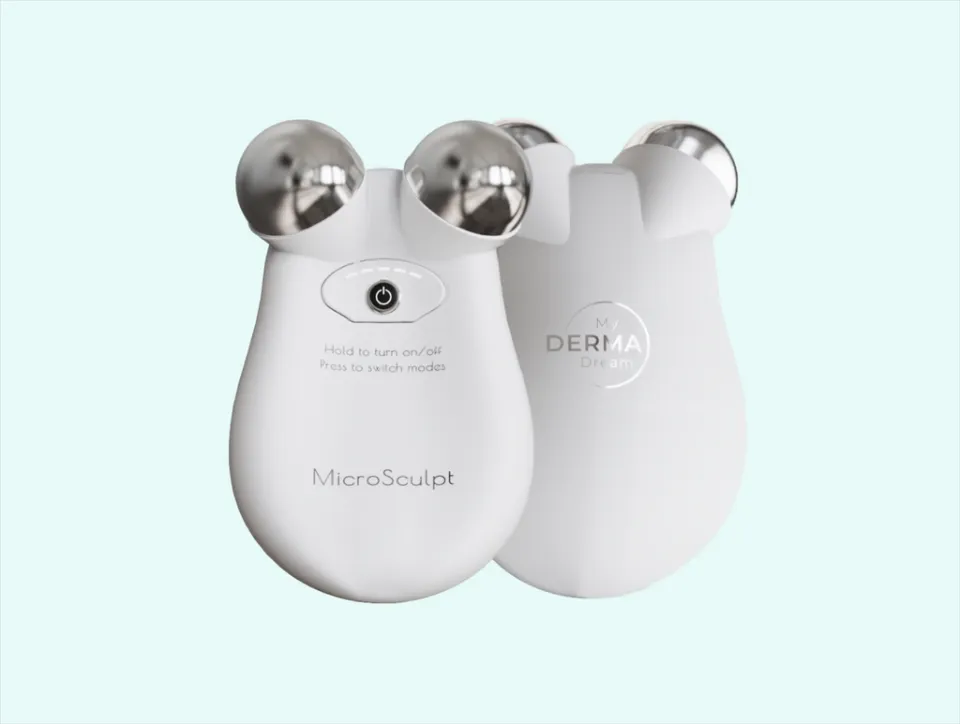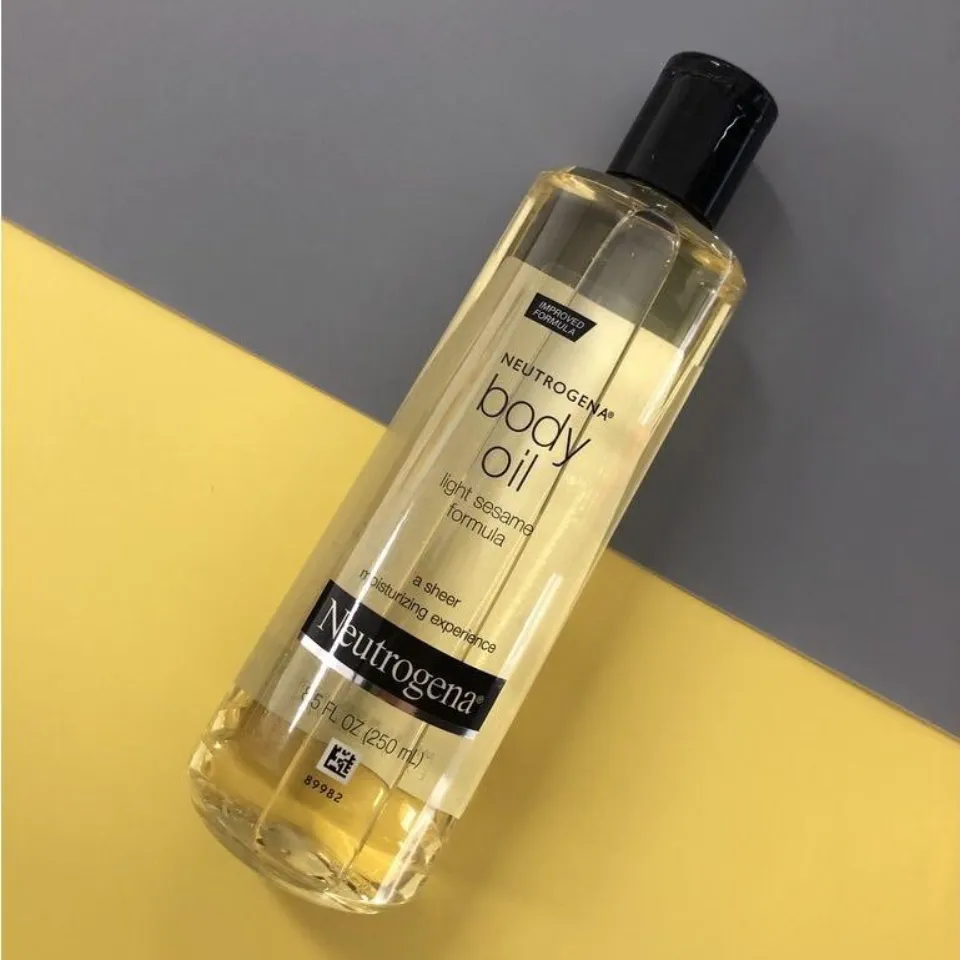While perusing the skin care aisle of your neighborhood drugstore, you have probably come across the word “retinol.” One of the most common criticisms about retinol is that it dries out the skin, but does retinol dry your skin?
As long as they’re used properly, retinoids will not dry your skin. They offer a variety of advantages for all skin types, including visibly improving texture, fine lines, and wrinkles.
Learn more about how retinol affects dry skin by reading on.
What is Retinol?
Before we reveal the truth about retinol dryness, let’s clarify what is retinol actually.
Retinol is a type of vitamin A that supports a number of biological processes in the body, including cell division, the growth of strong bones, and vision.
The majority of people can obtain the necessary amount of retinol from their diet. Among the foods with high retinol content are cheese, fish, and sweet potatoes.
Does Retinol Dry Your Skin?

It’s extremely unlikely that using retinol will cause dry skin when used properly. Just follow the right safety procedures, and know how retinol functions.
So, does retinol dry out your skin? No!
But there is a small chance it can exacerbate existing dryness. Extra safety measures are required in these circumstances.
Read More:
- How to Treat Dry Skin Around Nose?
- How to Treat Dry Skin Around Eyes?
- Does Drinking Water Help Dry Skin?
What is Retinol Used For?
In the skin care industry, retinol is used to achieve several desirable outcomes, including:
Youthfulness
The natural production of collagen, a protein that is present in the connective tissue of the skin and improves skin elasticity and fullness, is demonstrated to be stimulated by retinol in laboratory studies.
For this reason, retinol is celebrated as one of the top anti-aging skincare ingredients. It’s a miracle ingredient for anyone hoping to turn back the hands of time because of its capacity to hydrate skin by reducing the look of fine lines and wrinkles.
Exfoliation
Retinol is a fantastic addition to exfoliating cleansers because of its capacity to accelerate the skin’s normal cell turnover process.
The more often your skin’s cells renew themselves, the less likely it is to become clogged with bacteria and other debris, preventing breakouts and balancing the texture of your skin overall.
Retinol may also keep pores immaculate by slowing the production of sebum, which reduces oiliness.
Radiance
There’s nothing more gorgeous than an all-natural glow, and retinol will help you achieve that.
Scientific research has shown that it can lessen the visibility of dark spots and discoloration while restoring a soft, smooth, and shimmery complexion.
Tips to Avoid Retinol Dryness
Despite retinol being safe for skin care use, some people are prone to extremely dry skin or have severe sensitivities.
When employing stronger formulations, such as those containing retinol, alpha-hydroxy acid, or glycolic acid, on these people, it never hurts to take additional precautions.
If you have dry or sensitive skin and have wondered, “Retinol can cause skin to become dry.” we encourage following the steps below:
Check the Percentage
Different retinol-based products contain various amounts of retinol. It is always advisable to confirm the amount of retinol in a product before buying it.
If you’re very new to retinol or your skin doesn’t necessarily show signs of aging or skin barrier repair, 0.25% is a great starting point.
It’s completely acceptable to choose a 0.5% or even 1% formulation if your skin responds well, you want to increase the dose, or if your skin requires more care.
Look for Calming Ingredients
If you’re on the fence about using retinol for dry skin, this is an additional important point to consider. The slight irritation that retinol might cause is frequently mitigated by the other ingredients in a formula.
Be on the lookout for anti-inflammatory ingredients like green tea and aloe vera, or a multi-lipid formula, a soothing rose hip seed, or these. They will start hydrating the skin and calming the skin right away.
Start Slow and Let Your Skin Adjust
Retinol is highly effective, even in small amounts. You don’t need to cover your skin in creams or serums.
Target trouble spots like the area under your eyes or the frown lines on your forehead instead by beginning with a pea-sized amount.
then watch to see how your skin reacts! If you start too quickly or too soon, you won’t be able to undo the negative effects and can only step up to a higher percentage formula!
Conclusion: Does Retinol Dry Your Skin
Retinol has amazing benefits from anti-aging to acne eradication, but every rose has its thorn and retinol is known for its ability to cause initial redness, irritation and dryness.
Even though using retinol can be risky if you already have dry skin, you shouldn’t avoid it altogether.
FAQs
How Long Does Retinol Burn Last?
The retinol burn’s outward symptoms can take up to a week to go away, even with home remedies.
Should I Keep Using Retinol If My Face is Peeling?
Retinol should not be used if you are peeling and drying out excessively. Instead, stop using the product and see a dermatologist.
Does Dryness from Retinol Go Away?
These negative effects should go away as your skin adjusts.




